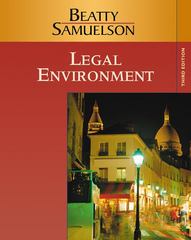Question
Consider an open economy with neither perfect capital mobility nor perfect capital immobility (assume the slope of BP is lower than the slope of LM).
Consider an open economy with neither perfect capital mobility nor perfect capital immobility (assume the slope of BP is lower than the slope of LM). The country operates under fixed nominal exchange rate regime and the monetary authority stands ready to keep the nominal exchange rate fixed. Initially, the economy is at equilibrium at interest rate i0 and income level Y0.
Now suppose that the country's main trading partner experiences a high surge in inflation, raising the foreign country's inflation rate much above the domestic inflation rate. Examine the effects of this exogenous event on the domestic economy, particularly on (i) domestic interest rate, (ii) domestic income and output; (iii) exchange rate, (iv) Central Bank's official international reserves, using the IS-LM-BP model. Explain in words why these changes occur.
(Throughout assume that a real depreciation/devaluation of domestic currency leads to an improvement in the current account, a real appreciation/revaluation leads to a deterioration in the current account.)
Step by Step Solution
There are 3 Steps involved in it
Step: 1

Get Instant Access to Expert-Tailored Solutions
See step-by-step solutions with expert insights and AI powered tools for academic success
Step: 2

Step: 3

Ace Your Homework with AI
Get the answers you need in no time with our AI-driven, step-by-step assistance
Get Started


